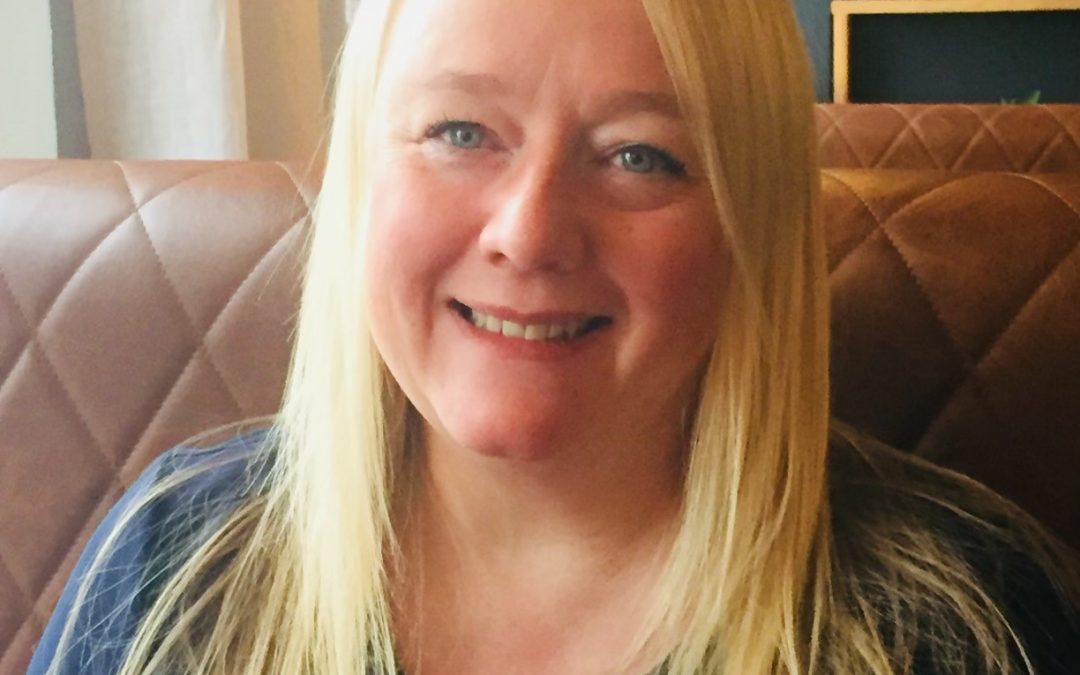The professional body for the plumbing and heating sector in Northern Ireland has hit out at proposals for traineeships as a route to entry to the sector, saying they are likely to create first- and second-class qualifications which will be detrimental to skills and quality.
The Scotland and Northern Ireland Plumbing Employers’ Federation (SNIPEF) has made its concerns clear in meetings with the Department for the Economy (DfE) in Northern Ireland but, despite this, the Traineeships are to go ahead this Autumn.
It is now urging its members to contact their Member for the Legislative Assembly to reiterate industry concerns about dilution of skill sets and the potential for confusion about who holds the relevant qualifications in an age when plumbing and heating is becoming increasingly complex.
The issue has arisen because, while an undersupply of Level-3 qualified plumbers is anticipated in Northern Ireland, the DfE argues that the shortfall must be balanced against the need for pathways for “those who have not reached their potential” in school.
The industry-recognised route into plumbing and heating is a four-year apprenticeship in full-time employment leading to Level-3. In contrast, the proposed Traineeships comprise two years at college with one day a week of work experience, leading to a Level-2 Certificate – which is different to the Apprenticeship Level-2.
Fiona Hodgson, Chief Executive of SNIPEF, said: “SNIPEF is very supportive of encouraging young people into the industry, but it believes this proposal is misguided and that the Traineeship as it stands is not the way forward.
“With the Building Services Engineering sector, we have made alternative proposals which would provide a broader traineeship as a taster of the different trades and professions, but this argument has not, at this stage, been accepted.
“What legislators should recognise is that this is a safety critical industry which has become increasingly technical and complex. It is at the forefront of the transition to zero carbon and we must ensure that those undertaking this type of work are properly qualified. While a traineeship will not be recognised by the industry, it will not prevent someone holding themselves out as a qualified plumber and this causes us huge concern.
“At a time when the number of water-related problems – including scalding, burns from heating appliances and Legionnaires’ disease – and water insurance claims are on the rise we should not be introducing anything into the industry that could lead to the dilution of quality.”
Stephanie Lowe, Industrial Relations Manager for SNIPEF and Secretary of the Scottish and Northern Ireland Joint Industry Board (SNIJIB), which is made up of members of SNIPEF and Unite the Union, said: “This proposal will add uncertainty to what is already a confused landscape and could affect the mobility of workers.
“There will effectively be two categories of apprenticeships, and the danger is that one set will have served four years in employment with a plumbing company and will be recognised by industry while the other, having served only two years predominantly at college only, may not.
“Traineeships could begin to be seen as an unpaid route to an apprenticeship and could be open to abuse. It could see more students being led down this pathway and away from the apprenticeship route and full-time employment, which we believe is the correct course.”
SNIPEF has been at the forefront of support for companies to ensure a vibrant and dynamic industry staffed by professionals versed in the complexity of the technologies which are underpinning renewables and meeting the demand for clean energy in an age of climate change.

